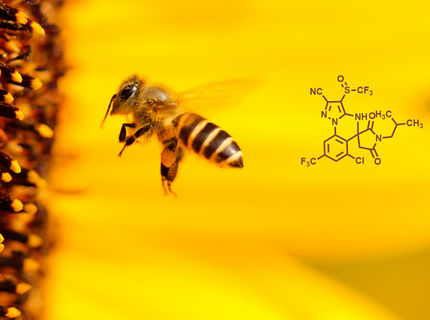Euro Chlor publishes dossier on biological effects of metallic mercury exposure
Euro Chlor, representing the European Chlor-Alkali industry, has published a new title in its series of Science Dossiers: “Metallic mercury – The biological effects of long-time, low to moderate exposures”. This publication brings an analysis and synthesis of the most relevant scientific literature on the human health effects of exposure to low to moderate levels of metallic mercury vapour and represents an authoritative reference work on this matter.
The aim of the dossier is to present current knowledge of the effects of exposure to low levels of metallic mercury vapour and to define gaps in knowledge. For the purposes of the report, a “low level” of exposure is considered to be one that gives a kidney burden.
The new Science Dossier collates the findings of more than 120 recent scientific studies on health effects of mercury, which makes it very complete. Areas such as neurotoxicology, renal effects, immunotoxicity, cardio-vascular and cerebro-vascular toxicity, mutagenicity and carcinogenicity, reproduction toxicity and finally endocrine toxicity are explored.
Other news from the department business & finance

Get the chemical industry in your inbox
By submitting this form you agree that LUMITOS AG will send you the newsletter(s) selected above by email. Your data will not be passed on to third parties. Your data will be stored and processed in accordance with our data protection regulations. LUMITOS may contact you by email for the purpose of advertising or market and opinion surveys. You can revoke your consent at any time without giving reasons to LUMITOS AG, Ernst-Augustin-Str. 2, 12489 Berlin, Germany or by e-mail at revoke@lumitos.com with effect for the future. In addition, each email contains a link to unsubscribe from the corresponding newsletter.
Most read news
More news from our other portals
See the theme worlds for related content
Topic world Synthesis
Chemical synthesis is at the heart of modern chemistry and enables the targeted production of molecules with specific properties. By combining starting materials in defined reaction conditions, chemists can create a wide range of compounds, from simple molecules to complex active ingredients.

Topic world Synthesis
Chemical synthesis is at the heart of modern chemistry and enables the targeted production of molecules with specific properties. By combining starting materials in defined reaction conditions, chemists can create a wide range of compounds, from simple molecules to complex active ingredients.

























































